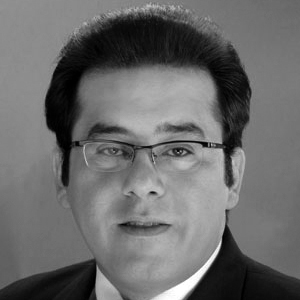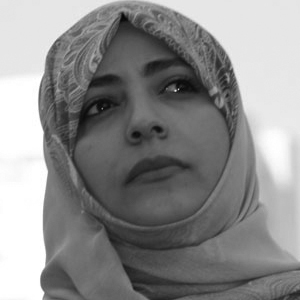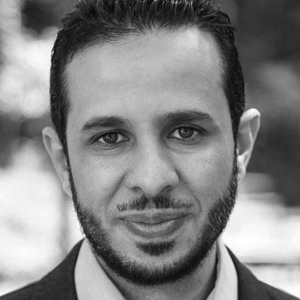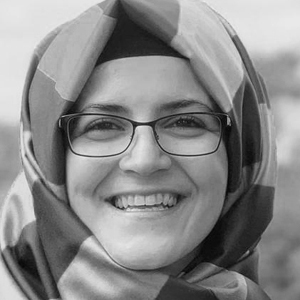The murder of Saudi journalist and Washington Post contributor Jamal Khashoggi is not only a dark day in the history of journalism, but is also one of the most politically charged affairs to have taken place in recent years. The assassination of the prominent journalist inside the Saudi consulate in Istanbul provoked an international outcry and continues to have strategic, political and legal ramifications. As a result, Riyadh was plunged into an international image crisis. Seeking to dampen the negative fallout from the killing, the Saudis have spent millions of dollars on lobbying firms and public relations companies in order to advance a more positive image of the Kingdom. Furthermore, the subsequent fallout has also presented a picture of the newly unfolding geopolitical reality in the Middle East that continues to reshape political dynamics in the region. This session will explore the geopolitics of the Middle East in light of the killing of Jamal Khashoggi and seek to understand how the tragic event fits into the emerging political dynamic in the region.
Discussion Themes
This session intends to discuss the following:
• Why did Khashoggi become a target, and what are the repercussions and impact of his murder on regional and international politics?
• Can the killing of Khashoggi be connected to Saudi Arabia’s newly developed counter-revolutionary state identity and its position vis-à-vis the Arab Spring?
• What does the targeting of a Saudi journalist in Istanbul reveal about the trajectory of Saudi-Turkish relations? Will it have a long-lasting effect on bilateral ties?
• What do international and regional reactions to Khashoggi’s killing indicate about possible future trajectories of the regional order in the Middle East?





